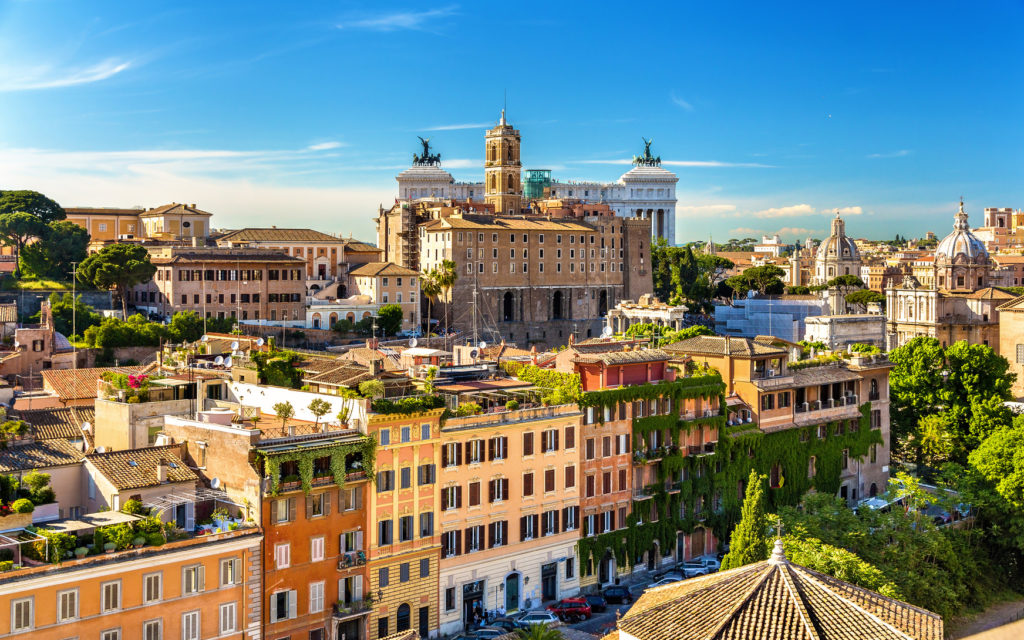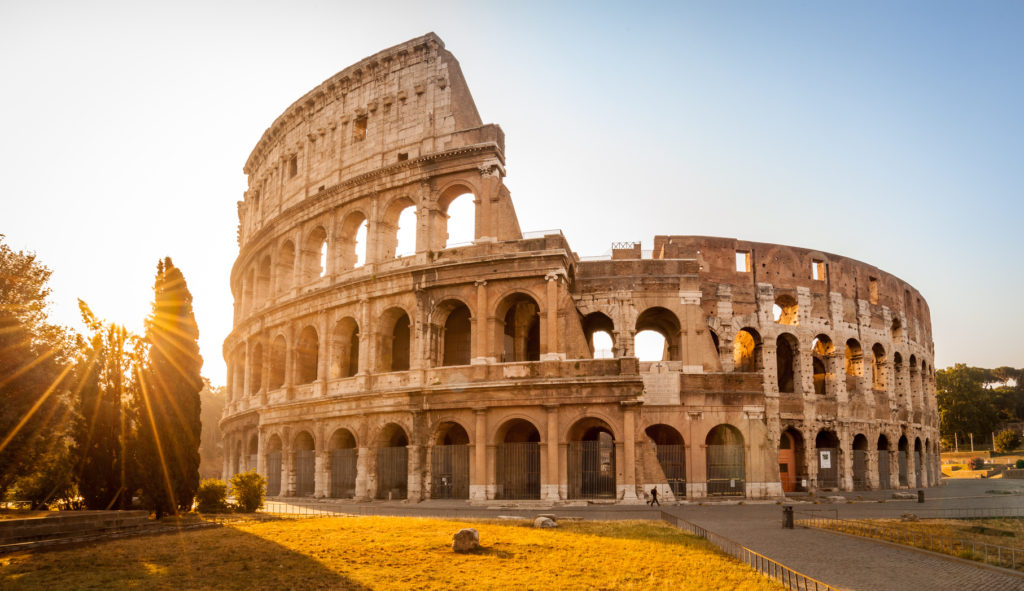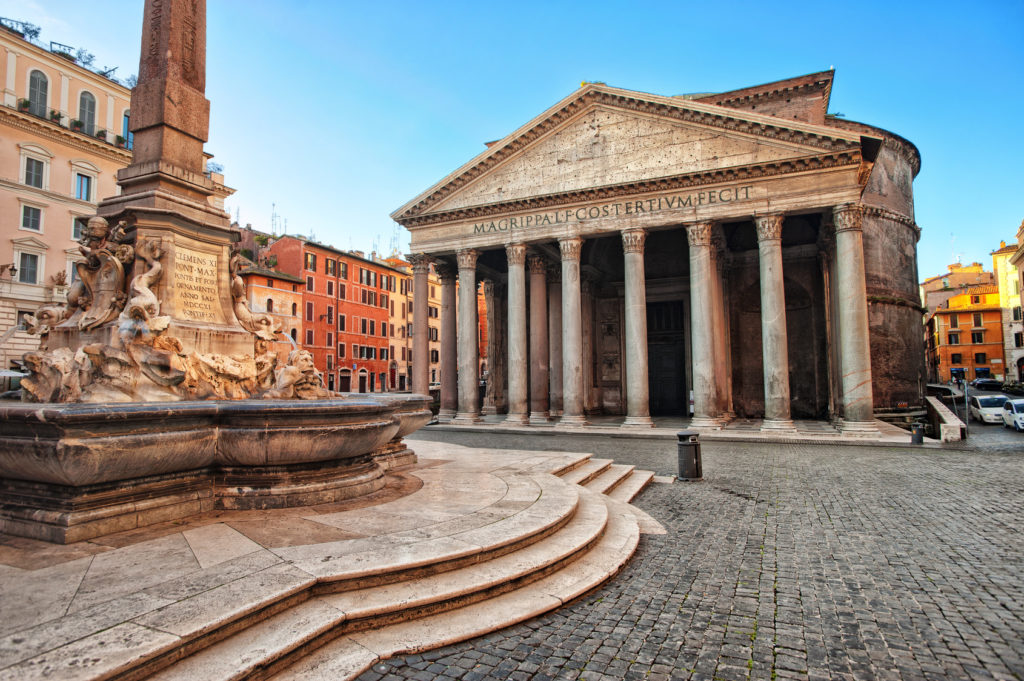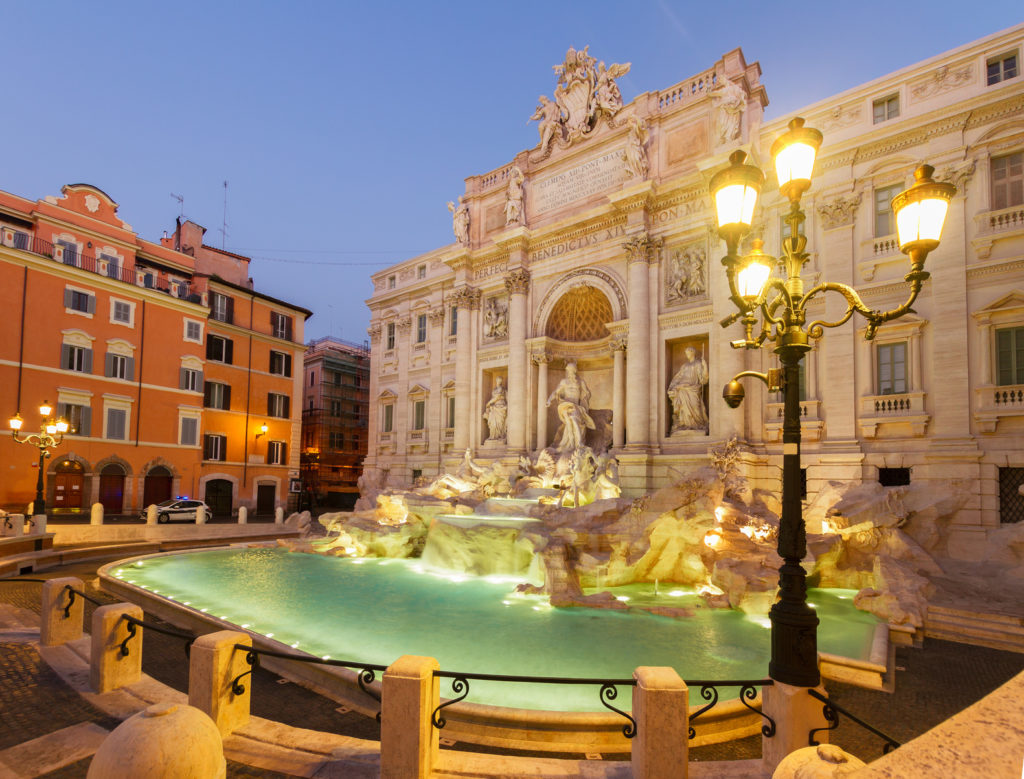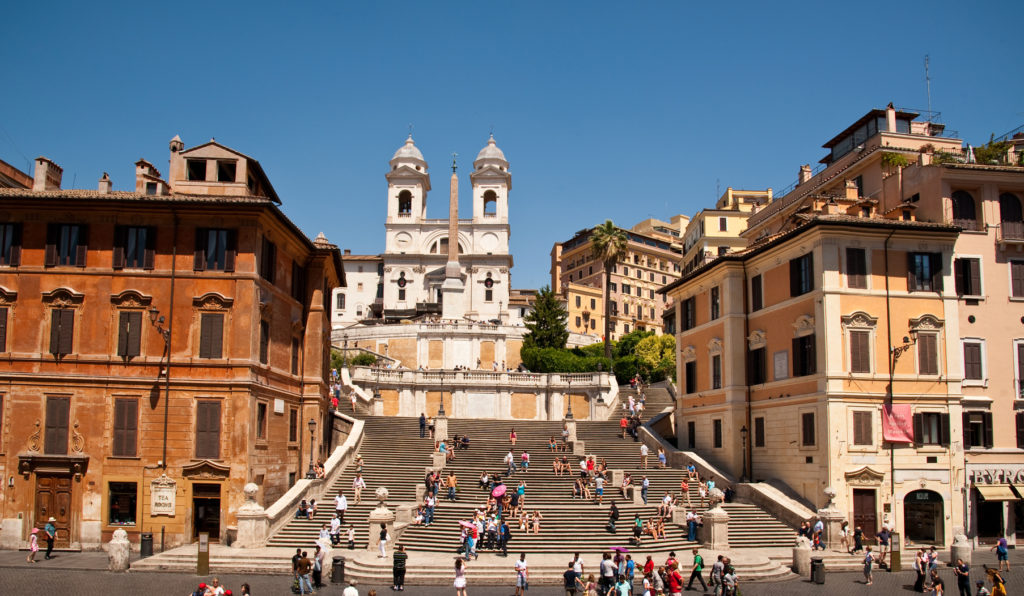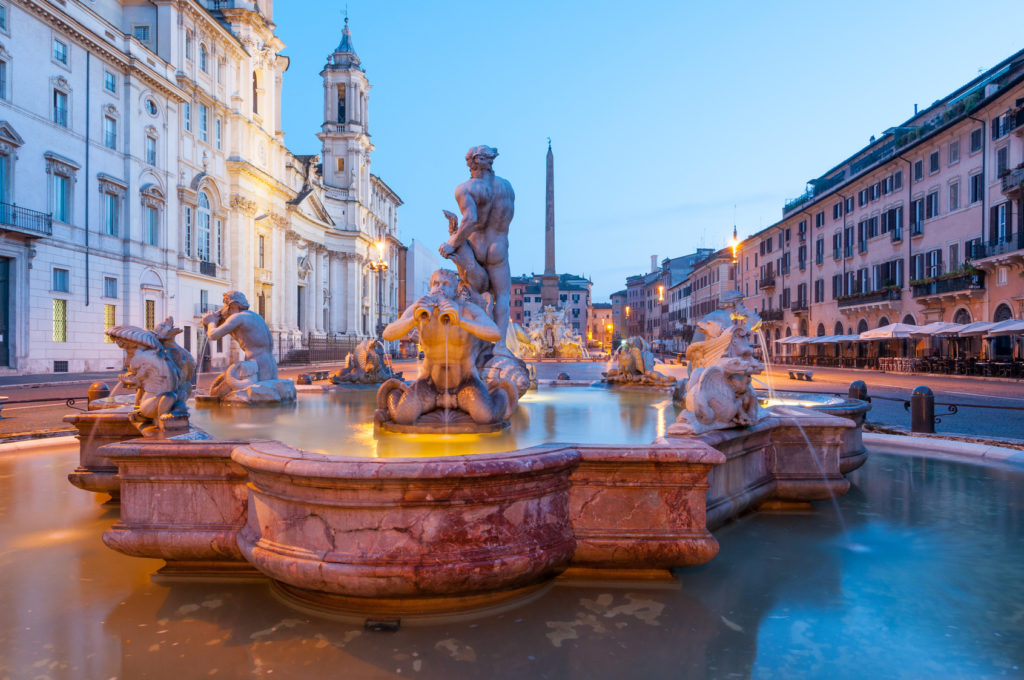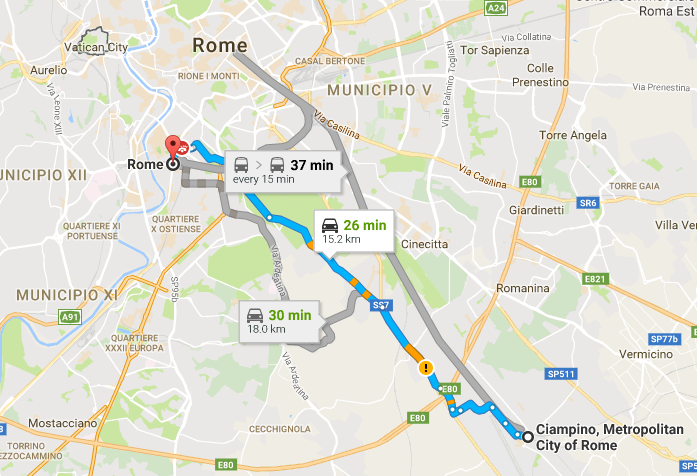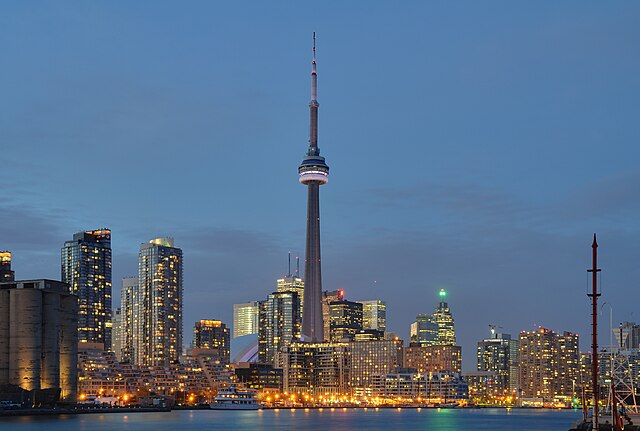There is so much to see in Rome – so much history, culture and architecture – that even a year in the city would not give you enough time to see it all. If you’re on a tight schedule, the best thing to do is relax, pick out a few key sights which peak your interest and spend your time savouring those. Just promise yourself that you’ll come back some day to see the rest.
Here’s my list of sights to include on a really good (and not too exhausting) whistle-stop tour of Rome. I’ve tried to keep all the sights within walking distance of one another so that you don’t waste your day waiting for buses or looking for taxis, and I’ve also picked sights you won’t need to queue for hours to see. After all, time is precious when you only have one day.
Start with the Colosseum
If you haven’t been to Rome before then you’ll definitely want to strike one of its major Roman sights off your ‘must see’ list. The Colosseum is definitely top of the list.
There is no better place to immerse yourself in the city’s fascinating past as the centre of the Roman Empire than to visit its largest and most spectacular Roman ruin, the Colosseum. It was here that gladiators battled, Christians suffered and traitors of the Empire were punished. You can genuinely feel the history as you tour the underground hallways and corridors where the gladiators and prisoners would have waited anxiously for their turn in the arena. Now you can also climb to some of the recently-opened higher areas and take in the city views.
Completed in 80 AD, the Colosseum was the largest amphitheatre in the Roman Empire with a capacity of 50,000. Emperor Titus celebrated its opening with one hundred days of games and spectacular battle recreations. Although much of the marble and stone from the original structure has been pilfered and used in other buildings over the years (including the city’s famous St Peter’s Cathedral), it still retains much of its splendour thanks to the sheer enormity of the structure itself.
Beat the crowds and avoid queues by booking tickets in advance online. The tickets are valid for the Colosseum as well as the nearby Roman excavations of the city’s main meeting place, the Forum, and the views from the Palatine Hill. As these are all close by, this makes a great morning’s exploration of Rome’s ancient past.
Explore the Area Around the Pantheon
If you’ve discovered a taste for Rome’s antiquity then you should follow your visit to the Colosseum with a trip to the Pantheon. It’s up to you whether you walk or catch a local bus, but the 30-minute stroll will take you past a variety of beautiful piazzas and churches, such as the Piazza Venezia and the Chiesa di Sant’ Ignazio di Loyola. If you’d rather save the time for looking around the sights then jump on a local bus which will get you there in a matter of minutes.
The Pantheon
First built in 27 BC and rebuilt in the second century, the Pantheon has been a central part of Roman life throughout its history. Originally a temple to the Roman gods, remodelled as a Christian place of worship and later a burial site for Italy’s elite (including the Renaissance artist Raphael), it is still remarkably well-preserved and definitely worthy of a place on your whistle-stop tour.
Trevi Fountain
A short walk from the Pantheon is the historic Trevi Fountain. Legend has it that if you throw a coin into the fountain you will be guaranteed to return to Rome (some even believe if you throw more than one coin you will find true love). Thankfully the municipality of Rome puts all these coins to good use, collecting them at the end of every day to fund a food scheme for the city’s poor.
The fountain, which lies at the junction of three roads (hence the name tre vie), is the termination point for the Aqua Vergine, one of the main aqueducts which brought water into ancient Rome. The fountain was rebuilt in the eighteenth century by architect Nicola Salvi in the Baroque style featuring a statue of Neptune flanked by tritons; it is the largest Baroque fountain in the city.
Spanish Steps
From the Trevi Fountain a brief walk north will bring you to the iconic Spanish Steps in the beautiful Piazza di Spagna. There are a lot of very nice restaurants and boutiques in this area so it’s a good place to head to if you’re feeling peckish after your morning’s sightseeing.
Built in the eighteenth century to connect the Spanish Embassy with the Trinità dei Monti church at the top of the steps, this Baroque stairway is one of the largest in Europe. Always busy, tourists flock here and locals meet here making it an ideal spot for a bit of people-watching.
Piazza Navona
For a spot more people-watching and relaxing, take a walk to the Roman piazza, Piazza Navona. Built in the first century AD, this was a meeting place for ancient Romans who came here to watch games and competitions. Today’s Roman’s still gather here in the bars and restaurants which line the square and spill out on to its sun-soaked pavements.
How to Get to Rome
A major European capital and tourist hotspot, Rome is very well served by all forms of transport. The city has two airports: Rome Ciampino and Rome Fiumicino International. A wide range of airlines fly to Rome from the UK including Alitalia, British Airways, Ryanair and easyJet. Rome is also well served by rail, with a network of services to Rome’s Roma Termini station.
Whether you choose to arrive by train or air, the easiest way to get to your accommodation from your arrival point is to book a Shuttle Direct transfer before you set off. A local driver will meet you and deliver you to anywhere in the city you choose to go.
Where to Stay
Gran Melia Rome – Enjoy a touch of modern elegance in the heart of ancient Rome. With views of the Vatican, the five-star Gran Melia Rome boasts a beautiful roof terrace, spa with outdoor pool and hydromassage. Set on a hillside above the Tiber it is within walking distance of both the Vatican and Piazza Navona, making it a perfect option for a short stay.
Colosseo Gardens – If you prefer to live like an elegant Roman then try an apartment at Colosseo Gardens. Just minutes’ walk from the Colosseum, these spacious luxury apartments, in a bustling shopping and restaurant district, offer you your own kitchenette, dining area and washing machine.
Hotel Martis Palace – If you’re pressed for time on your Rome visit put yourself at the heart of the action at the Hotel Martis Palace. Just a short walk from the Pantheon and next to the Piazza Navona, this elegant, modern hotel is a perfect place to base yourself for a whistle-stop tour.
About Shuttle Direct
A market-leader in providing airport transfers across Europe and North Africa, Shuttle Direct offers group or individual airport transfers across the city. Rather than waste precious time waiting for buses or taxis, book online with Shuttle Direct before you leave home and your driver will be waiting at the airport or station to whisk you directly to your accommodation when you arrive.


